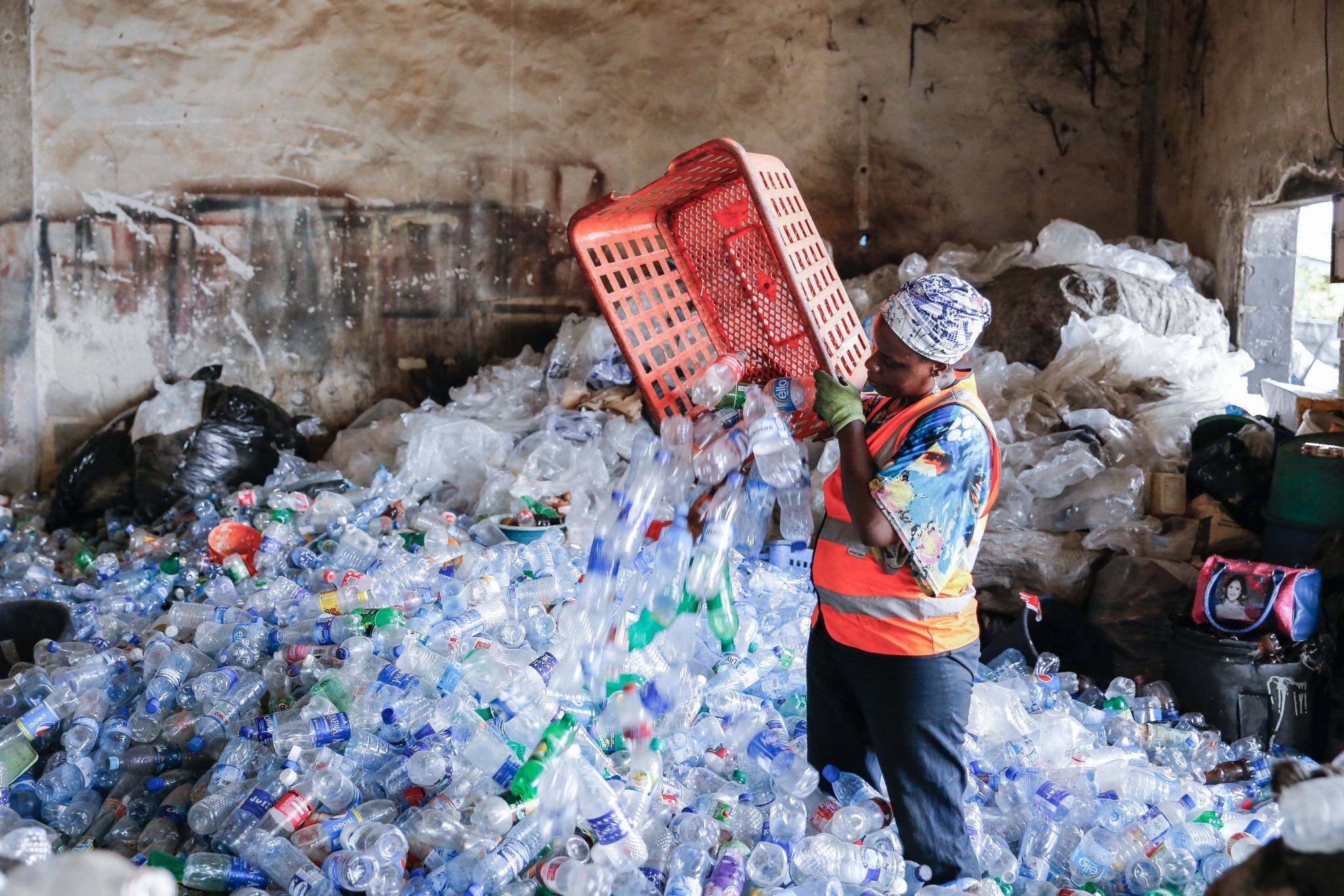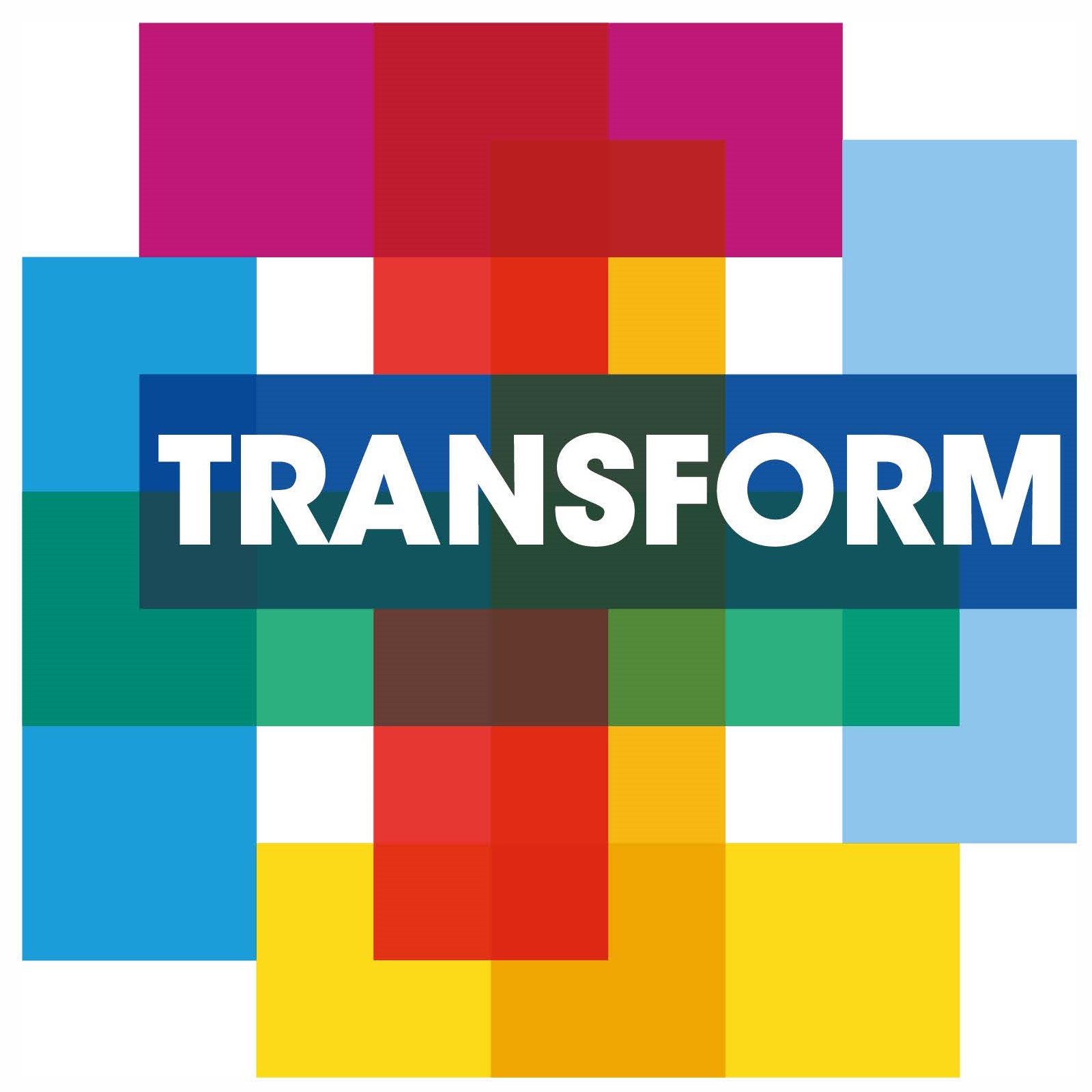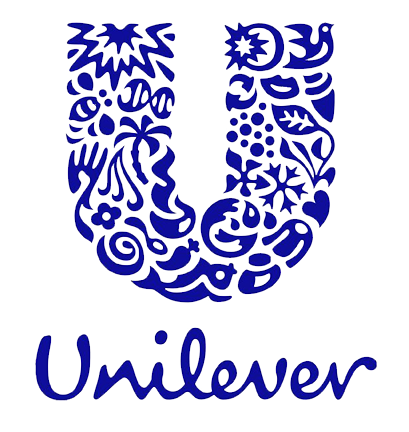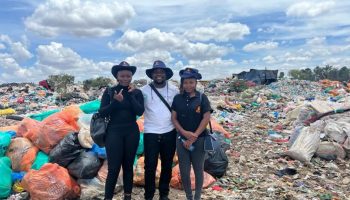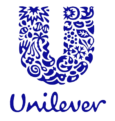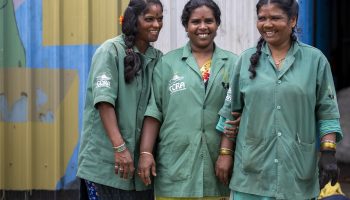Lagos residents generate 15,000 tons of waste per day, of which only 40% is collected by the municipal government. I grew up in Nigeria’s largest city, but my eyes were only really opened to these infrastructure issues when I studied in the US.
While doing a class called ‘Development Ventures’ at MIT Sloan – the business school attached to the Massachusetts Institute of Technology – I heard the statistic that 70% of Nigerians are poor. They don’t have access to running water or basic waste management services, which heightens their risk of disease. It hit me hard. I realised that as a middle-class Nigerian, I’d lived in a bubble. I hadn’t really seen the kinds of suffering that so many Nigerians were going through on a regular basis.
I decided to do something about it. I wanted to help people on limited means generate wealth from the waste that’s around them. After graduation, I came home and set up Wecyclers, which helps people with no waste collection make money out of recycling via a fleet of cargo bikes – which we call ‘wecycles’.
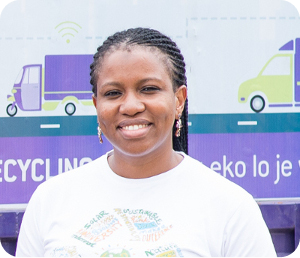
Our collectors use them to pick up recyclable waste from households and deliver them to our sorting and packaging hubs. As they give materials to us, we reward our service subscribers with points per kilogram of waste, which they can exchange for cash or essential goods, like food and household items.
My brother, Olawale, helped me by obtaining business loans and providing useful ideas on how to structure the business. As a chemical engineer with experience at a US Fortune 200 company, his expertise was invaluable and he soon came on board. We really are a family business!
We’ve partnered with Unilever since 2014. The company sponsored our kiosk collection model, which allowed people to drop off their waste at kiosks around Lagos. Through this project, we doubled our collections. This was a truly pivotal moment for us. It was when we understood there was a viable financial case for the Wecyclers concept. With the right resources behind us, we could scale.
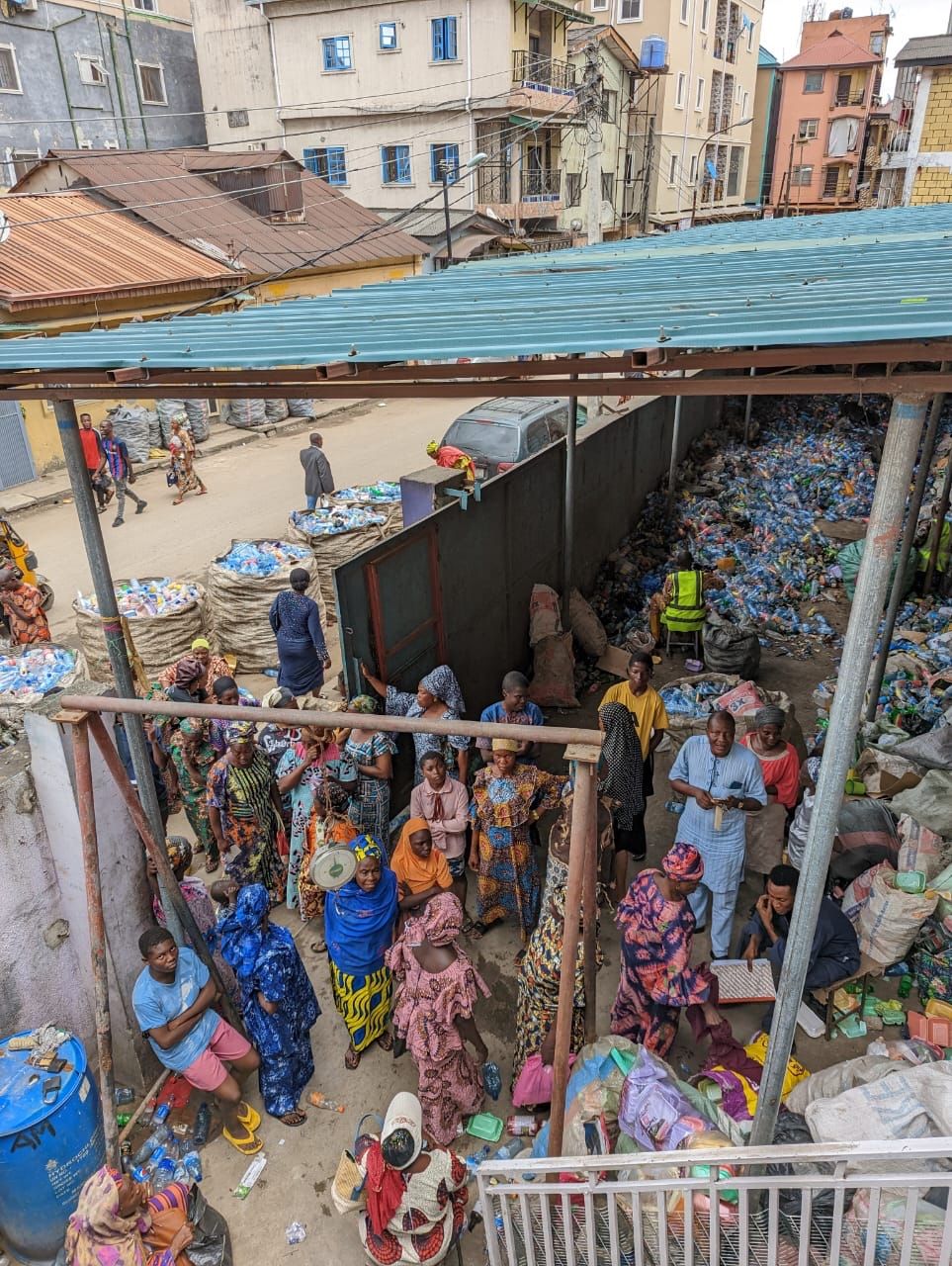
TRANSFORM duly gave us a grant to expand beyond Lagos. We used it to develop a franchise model and open 26 new franchises across Nigeria. Today, we recycle on average 28 tons of waste per week. To make this happen, we don’t just use cargo bikes but motorised tricycles, vans and trucks.
To generate a profit, we supply recycled materials to manufacturers, both Nigerian and international, who turn them into new items, including tissue paper, stuffing for bedding materials, plastic furniture, aluminium sheeting and nylon bags. We’re even in the process of building our own recycling plant. It’s quite something to think that this all started just a decade ago with a single bicycle.
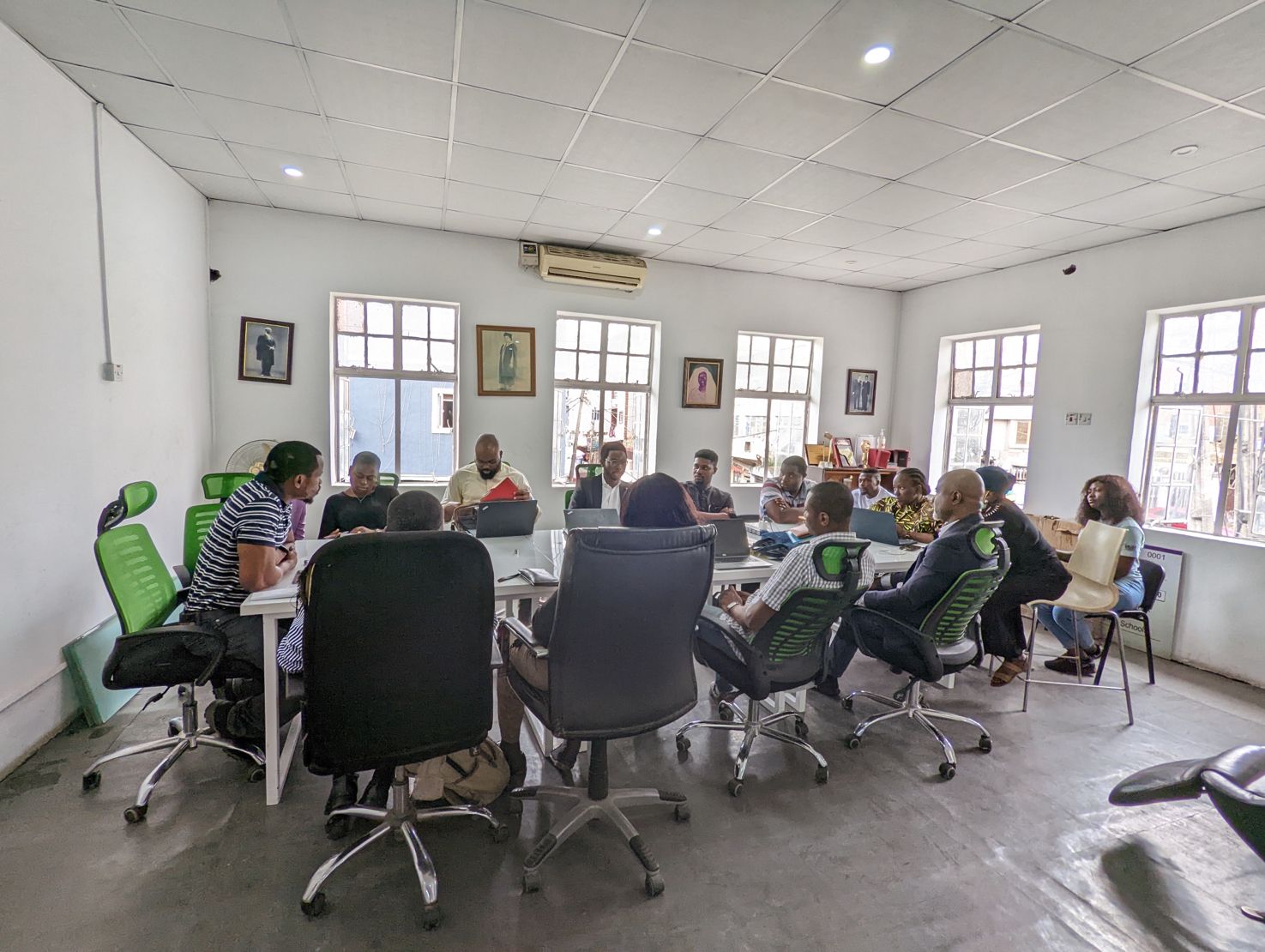
Contributing partner: Jolanda de Rooij, Senior Global Sustainability Manager at Unilever
Wecyclers was one of the first plastics-focused social enterprises that Unilever supported through TRANSFORM (we now have more than 10 plastics-focused projects in our portfolio); it’s a fantastic example of a local, solutions-driven initiative brought to scale in a way that tackles multiple challenges at once, directly addressing the problem of plastic pollution while at the same time transforming lives and strengthening local economies.
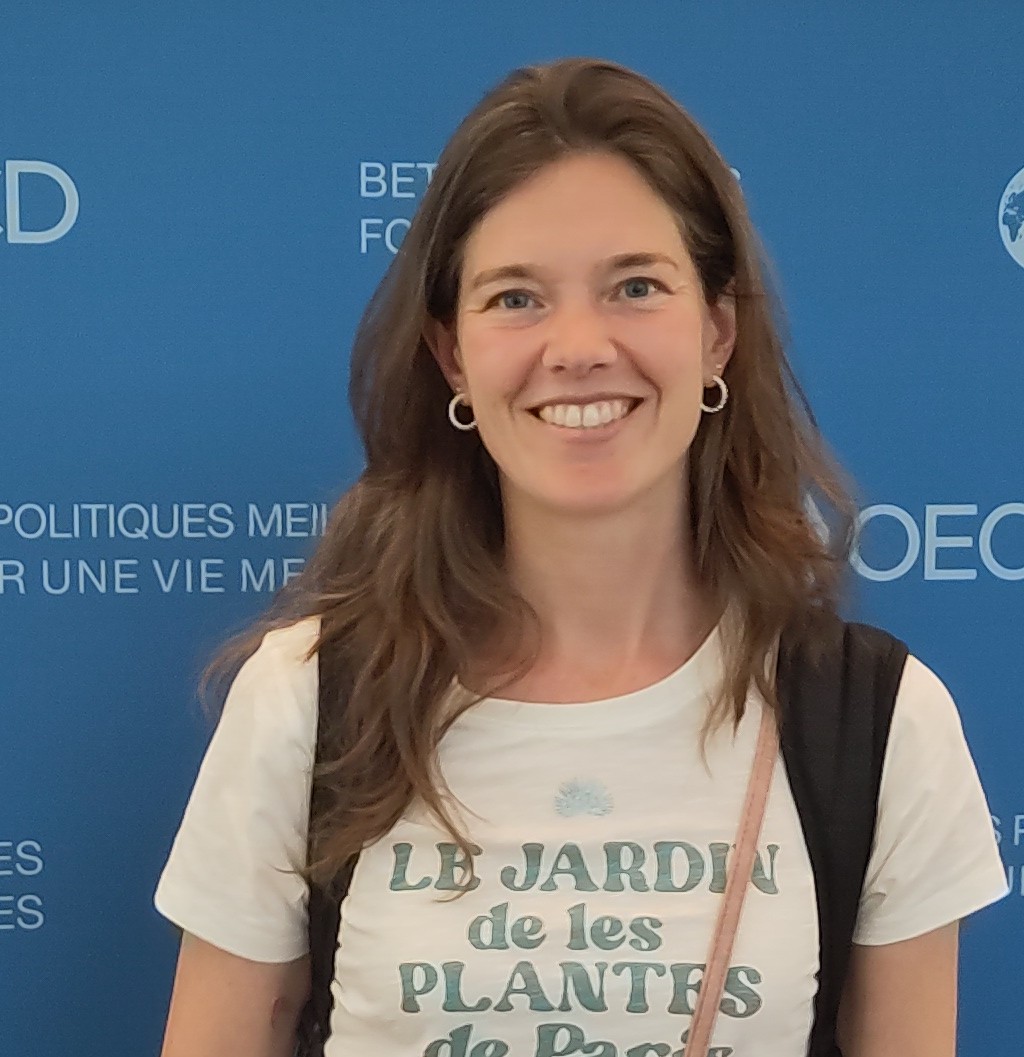
The partnership led to the creation of Unilever’s first Development Impact Bond (DIB), which has been a major milestone in the way we align our sustainability goals with actual business development. Through TRANSFORM, Unilever initially provided Wecyclers with a grant of $300,000 – and now, through this innovative financial structure, Wecyclers has been able to access $2 million to enhance its collection network. This further investment allowed Wecyclers to unlock additional investments and access to capital worth $5.5 million. Demonstrating the variety of financing instruments available beyond traditional grants and funds, we expect this to influence other corporate financing projects in the future.
Wecyclers is now expanding beyond Lagos to other Nigerian cities and the impact it’s having on these areas is significant. For example, Wecyclers empowers numerous women, enabling them to financially support their families – something that, of course, has important and far-reaching benefits for communities.
TRANSFORM is rightly named; it really does transform lives. There are so many small-scale initiatives and social enterprises out there with the potential to change the world – they just need some help overcoming the first hurdles. I’m always proud to see these companies flourish, and the success of Wecyclers is a great example of what can be achieved with collaboration and support.
